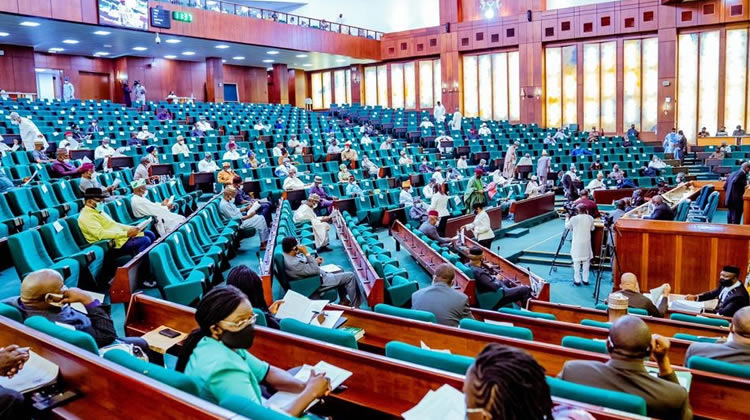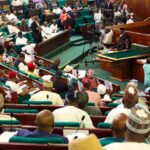
The House of Representatives has passed for second reading, the Medical and Dental Practitioners Act (Amendment) Bill, 2022, which seeks to make it compulsory for graduates in medical and dental fields to render services within Nigeria for five years before being granted full licence.
The sponsor of the motion, Ganiyu Johnson (APC/Lagos), said the move was to check the mass exodus of medical professionals from the country.
The legislation is titled, ‘A Bill for an Act to Amend the Medical and Dental Practitioners Act, Cap. M379, Laws of the Federation of Nigeria, 2004 to Mandate Any Nigeria Trained Medical or Dental Practitioner to Practice in Nigeria for a Minimum of Five Years Before Granted a Full License by the Council in Order to Make Quality Health Services Available to Nigeria; and for Related Matters.’
Nigeria has in recent times, especially after the peak of the COVID-19 pandemic, witnessed mass migration of her professionals to developed countries, a development that is now known in local parlance as japa.
Leading the debate on the bill, Johnson noted that the amendment was “in order to make quality health services available to Nigerians considering the growing trend of the Nigeria population and the current emigration rate of the Nigerian-trained medical and dental practitioners abroad.”
He added, “Nigeria currently has only 24,000 licensed medical doctors available in the country, less than 10 per cent of the number needed to meet the World Health Organisation recommendation.
“Now, only one doctor is available to treat 30,000 patients in some southern states, while in the North, it is one doctor to 45,000 patients.”
The lawmaker noted that the tuition fee for Medicine in the UK was between £35,750 and £66,500 per annum and the duration of the course is four years. He said in the United States, according to the National Centre for Education Statistics, the average cost of studying Medicine ranges between $82,000 and $104,000, aside miscellaneous expenses which include feeding, accommodation, etc.
The lawmaker added that in Canada, the tuition fee for Medicine ranges from 52,000 CAD to 169,000CAD.
“But contrary to all these huge Medicine tuitions in the aforementioned foreign countries, in Nigeria, the cost of Medicine in public institutions range from N40,000 to 150,000. Therefore, you will all agree with me that medical and dental education in Nigeria is seriously subsidised,” he stated.
Johnson stressed, “Despite this subsidy in medical and dental’s education, Nigeria still suffers emigration of trained medical doctors and dentists into the hands of these foreign countries, which an average Nigerian can hardly afford for medicine training. The favourite destinations of migrating Nigerian medical staff are Europe, North America and the Middle East.”
Quoting various reports, the lawmaker said the number of Nigerian trained doctors who left for the UK was the third highest in the world and highest in Africa.
But reacting, the President, Nigerian Association of Resident Doctors, Dr Emeka Orji, described the bill as anti-people, demanding that it should be withdrawn.
Orji said, “Some people want to cause trouble for this government before they leave. NARD is averse to such anti-people bill and it is unfortunate that an honourable member will be thinking about that. That is selfishness.
“Have they come up with bills to stop public officials from seeking medical services abroad at taxpayers’ expense? They will not do that because it is affecting them directly and instead of addressing the root causes of brain drain, they are going to the symptom, and that is totally unacceptable.
“We know that the Speaker of the House of Representatives is someone that reasons a lot and we intend to reach out to him, that bill needs to be withdrawn. The thing is causing a lot of agitation already all over the country, and nobody should be allowed to cause a crisis for this regime that is about to end.”




